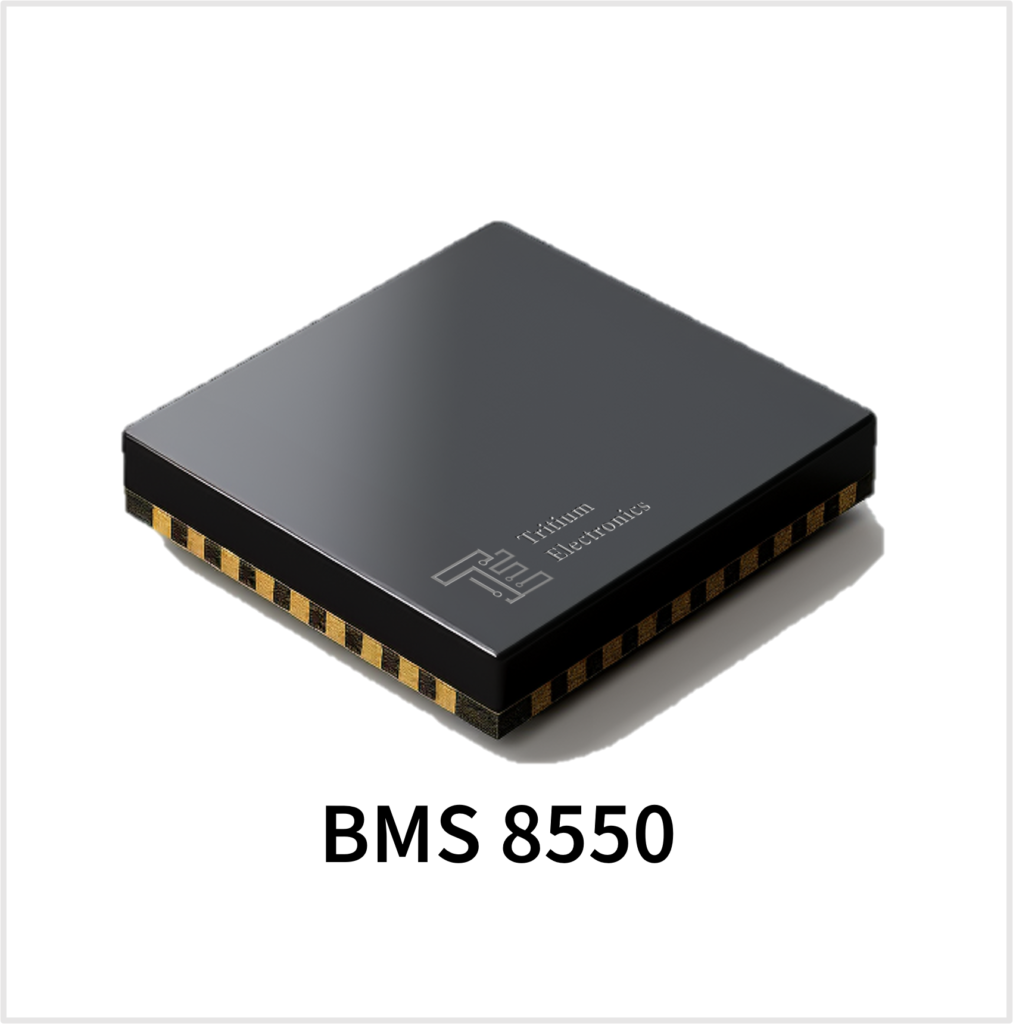Our product

Our product
BMS
Our suite of battery management solutions streamlines the creation of efficient, durable, and dependable battery-driven applications. With a range of chargers, gauges, monitors, and protection ICs, our portfolio caters to industrial, automotive, and personal electronics, ensuring enhanced performance and longevity.

What is BMS?
BMS is a dynamic and efficient tool designed to streamline information and enhance decision-making processes. This system provides a centralized platform for managing and accessing essential data, contributing to improved organizational efficiency.
The primary objectives of BMS are to facilitate seamless information flow, enhance collaboration among team members, and empower decision-makers with real-time insights. By implementing BMS, organizations can optimize their operations, reduce redundancy, and improve overall productivity.
Key Components in BMS
There are four categories of BMS components form an integrated system to ensure the safety, efficiency, and longevity of batteries in diverse applications. Each component serves a unique function, working collaboratively to achieve comprehensive management of the battery system.
- Functionality: Responsible for monitoring and controlling the charging and discharging processes of individual battery cells, ensuring the proper operation of each battery cell.
- Role: Achieves balance in battery cells by accurately controlling crucial lithium-ion cell characteristics (such as voltage, temperature, and current), enhancing overall energy conversion efficiency, and extending battery life.
- Functionality: Designed to communicate with microcontrollers and battery cell controllers, supporting various communication protocols such as SPI, CAN FD, and UART.
- Role: Facilitates communication within the battery system, coordinating various components of the Battery Management System for comprehensive monitoring and control.
- Functionality: Responsible for controlling the battery charging process, ensuring optimal power delivery while maintaining charging safety and efficiency.
- Role: Provides suitable charging strategies in different applications, ensuring the safe and rapid charging of batteries while adapting to various battery chemical compositions and use cases.
- Functionality: Monitors various physical and chemical parameters of the battery system, such as temperature, pressure, current, etc.
- Role: Offers real-time data for system monitoring, preventing potential faults or safety risks, and promoting more intelligent battery management.
Application of BMS
Electric Vehicles

- Objective: Ensure the balance of charging and discharging in electric vehicle battery systems through BMS, enhancing energy conversion efficiency and extending battery life.
- Significance: Improve the economic benefits and sustainability of electric vehicles, reduce carbon emissions, and drive the development of clean energy transportation.
- Market Overview: With the continuous expansion of the electric vehicle market, the BMS market has also grown. In 2022, the global BMS market reached $10 billion.
- Future Trends: Higher energy density battery technologies, intelligent BMS systems, and more efficient energy management algorithms will be trends in the future of electric transportation.
Portable Power Station

- Objective: Provide a versatile and rechargeable power source for electronic devices on the go.
- Significance: Facilitate mobility in environments without traditional power sources and ensure reliable power during emergencies, contributing to environmental sustainability with solar charging options.
- Market Overview: There is a growing demand for on-the-go power solutions, driven by outdoor activities and increased reliance on electronic devices, and technological advancements are improving energy storage capacities.
- Future Trends: Anticipate smart feature integration for an enhanced user experience, continuous battery technology advancements, increased demand for eco-friendly options, and exploration of diverse designs and form factors.
Industrial energy storage system

- Objective: Utilize BMS to oversee and enhance energy storage systems in industrial applications, emphasizing the achievement of both stability and robustness in power supply.
- Significance: Enhance the efficiency of industrial automation systems, curbing energy wastage, and ensuring the steadfast operation of production lines through the implementation of BMS.
- Market Overview: The escalating demand for energy efficiency in the industrial sector propels the adoption of BMS technology. In 2022, the industrial BMS market is poised to attain a market value of $3 billion.
- Future Trends: Foresee BMS in industrial applications evolving towards increased intelligence, emphasizing stability. With Industry 4.0 advancements, expect BMS to seamlessly integrate into production automation systems, ensuring enduring stability in dynamic industrial environments based on the current trajectory.
Power Tools

- Overview: BMS are pivotal for power tools, ensuring efficient energy use, safety, and optimal performance. Integrating intelligent control systems, BMS monitors and manages batteries.
- Significance: BMS enhances operational safety, extends battery life, and optimizes energy usage by preventing overcharging, over-discharging, and overheating. This elevates battery reliability, ensuring user satisfaction.
- Market Overview: The demand for advanced BMS in power tools is rising with the shift to battery-powered tools, reflecting the industry’s need for efficient and safe energy management.
- Future Trends: Future BMS trends in power tools focus on higher energy density batteries, intelligent monitoring, and integration with smart technologies, bringing more compact and lightweight solutions for enhanced performance and safety.
Consumer Electronics

- Objective: Ensure safe charging and discharging of batteries in wearable devices and power banks through BMS, providing reliable power supply.
- Significance: Enhance the lifespan of consumer electronics, provide stable power output, and improve user experience.
- Market Overview: With the popularity of smartphones and wearable devices, the application of BMS in the consumer electronics market is gradually expanding. In 2022, the global consumer electronics BMS market is expected to reach $2 billion.
- Future Trends: Smaller and lighter BMS technology will drive longer battery life and higher performance in consumer electronic devices.
Summary
| Application | Role of BMS | Differences |
|---|---|---|
| Electric Vehicles |
|
|
| Portable Power Station |
|
|
| Industrial energy storage system |
|
|
| Power Tools |
|
|
| Consumer Electronics |
|
|
We invite you to connect with us to explore how our cutting-edge BMS technologies can elevate your projects to new heights. Experience the innovation, reliability, and efficiency that define our BMS portfolio. Contact us today to embark on a journey towards secure, sustainable, and high-performance energy solutions. Your success is our priority.
Contact us for swift and expert assistance.
Thank you for considering Tritium Electronics. We pride ourselves on our professional expertise and swift service. For any inquiries or to learn more, please don’t hesitate to get in touch with us. We’ll respond promptly and look forward to assisting you with your needs
